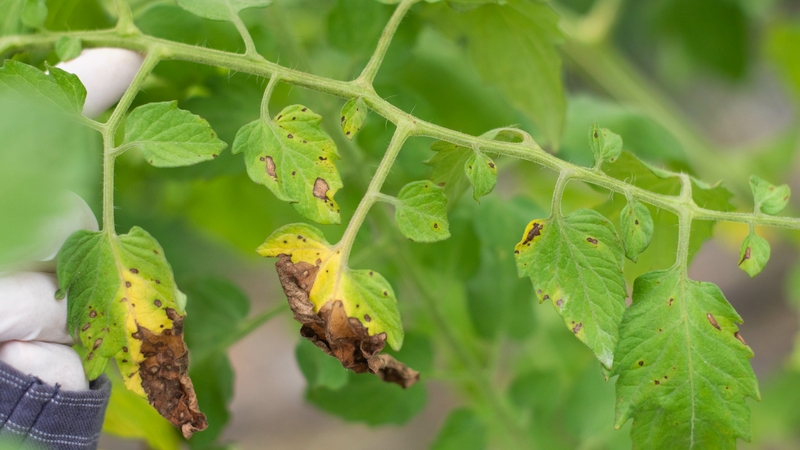Delegate Registered For Low-Volume Psyllid Control
EPA has announced Special Local Need (SLN) registration for Delegate WG insecticide, according to Dow AgroSciences. The labeling allows growers to use low-volume applications of Delegate to control Asian citrus psyllid (ACP), potentially saving citrus growers millions of dollars per year.
“The citrus industry is looking at ways to reduce costs and still effectively manage ACP,” says John Jackson, director of the Florida Citrus Industry Research Coordinating Council. “This new labeling will allow growers to apply products in a timelier manner and at a greater savings. It could very well mean $100 million to the citrus industry every year.”
With low-volume applications, Delegate will control ACP at a substantially less cost. Growers will realize significant and immediate savings due to a lower minimum spray volume, plus decreased equipment and labor costs. Additionally, growers will be able to cover more acres in a shorter amount of time.
A study conducted by the University of Florida Citrus Research and Education Center tested the efficacy of Delegate using low-volume applications. The research examined the effectiveness of Delegate in controlling ACP in oranges at 4 ounces per acre in 5 gallons of carrier volume. According to the results of the study, no ACP nymphs and less than one ACP adult per six traps were present 14 days after a low-volume application of Delegate WG insecticide.
ACP is one of the most devastating pests for citrus growers because it is a direct vector for citrus greening. Jackson says ACP is partly responsible for rapidly killing trees in Florida. “Control of ACP is critical to managing citrus greening in Florida,” he says.
“Growers are looking to spray their groves quickly, more economically and in an efficacious manner,” says Tony Weiss, field scientist for Dow AgroSciences. “A low-volume application of Delegate fits the bill. It provides efficacy as well as economic value.”
Weiss encourages growers to spray a few acres with Delegate and monitor results before applying over many acres. “There is always a trial period for new technology and this is one of those times we should be walking before running.” Depending on the conditions, low-volume applications may not be as effective as airblast applications.
The active ingredient in Delegate, spinetoram, belongs to the unique spinosyn class of insecticides. Classified as a Group 5 insecticide by the Insect Resistance Action Committee, Delegate is the only Group 5 insecticide effective against both ACP and citrus leafminer.
Weiss suggests growers mix oil with Delegate WG insecticide to provide the best control and to avoid applying when wind exceeds 15 miles per hour. Additionally, growers should always read and follow label directions, and consult the label before purchase to determine the class of insecticides. For more information on Delegate, go to www.DelegateInsecticide.com.
Source: Dow AgroSciences Press Release










